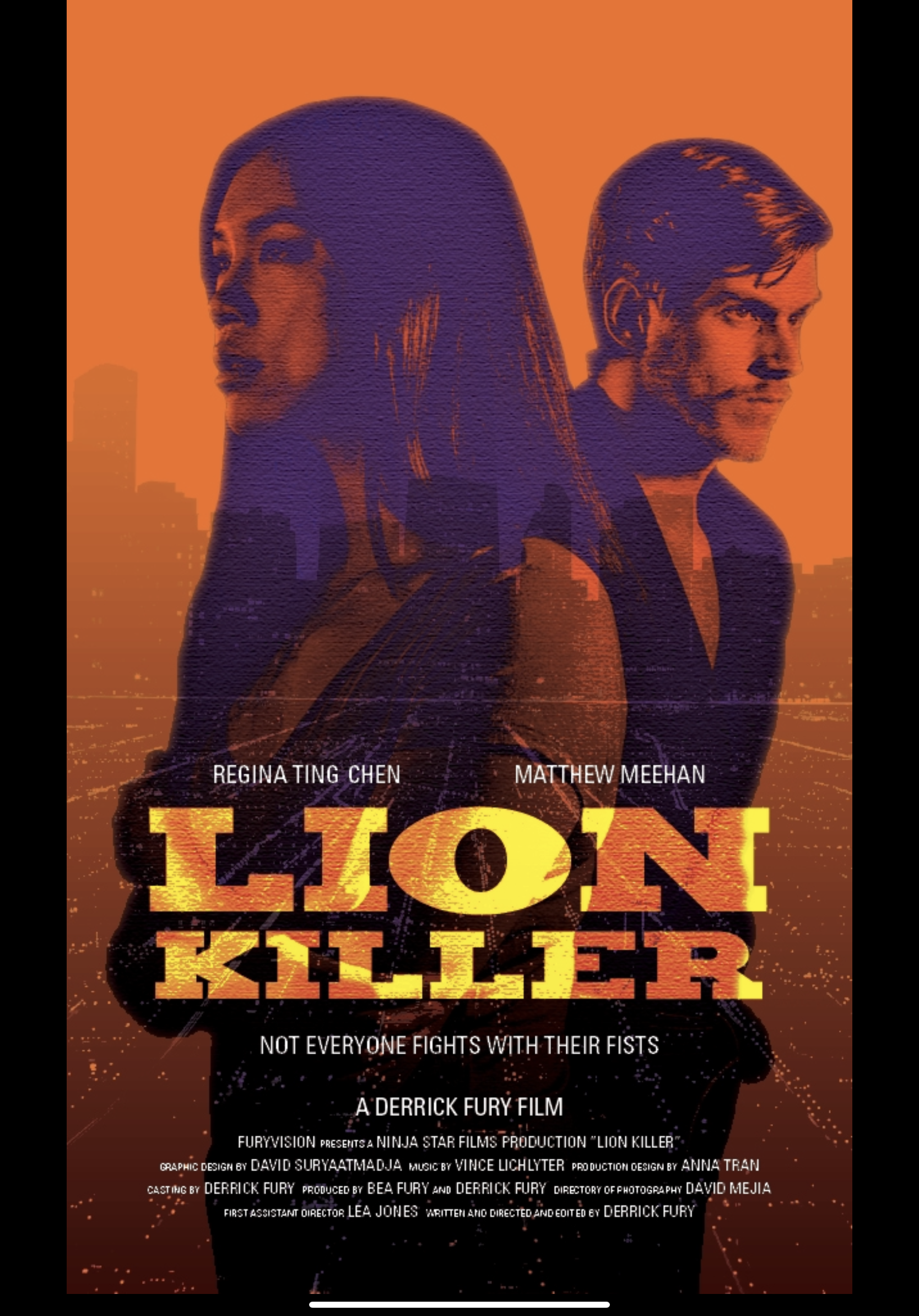
The script is partially to blame for that. It’s a character study that doesn’t give much character development or story for that matter. In isolated conversations, we learn about Michael’s troubled past without seeing how certain scenarios directly affect him. Instead, audiences are forced to infer that these moments are what’s causing Michael to react in such drastic ways. But showing would have been better than telling in cases like these.
When the story picks up and promises to elaborate on these issues, new characters are introduced, ushering in their own assortment of problems to explain how life can be hard on everyone. It’s a fine concept to display, but the opportunity to further explore how people can change their lives for the better gets lost and replaced by an unusual and fast-paced love story. Michael’s love interest Noelle (Regina Ting Chen), for instance, is a domestic abuse survivor who struggles to see herself as someone worthy of love. While I appreciate Fury’s attention to such a sensitive subject, having Noelle be a victim of domestic abuse to show relatability to Michael is an odd choice. And instead of the side story focusing on Noelle finding herself worthy on her own, Fury chooses to have her find self-worth through the love of Michael. It’s a savior trope that has been thoroughly examined in Hollywood. And in this case, it’s completely unnecessary and in poor taste.

“Budgeting issues aside, cinematographer David Mejia finds a way to capture beauty in a film centered around despair…”
I’m sure there are good intentions within the script and a good story somewhere in here, but the execution just doesn’t land, especially considering Lion Killer’s massive potential. The substance is stretched thin, and the side characters offer no real influence regarding their existence and the potential impact they could’ve had on the main ones. Still, there are positives that audiences may find endearing. For instance, the cast puts on convincing enough performances to keep the story riveted with emotional appeal. There might be an overall disconnect with the characterization, but Lion Killer is full of moments demanding great sympathy thanks to the cast.
There’s also a great deal of attention and dedication given to the art of Brazilian Jiu-Jitsu (BJJ). It’s a sophisticated sport of martial arts that has found its way in popular films like Lethal Weapon (1987) starring Mel Gibson and the Keanu Reeves assassin epic, John Wick (2014). So, to see BJJ appreciated at the indie level, with a smaller budget, was a pleasant surprise. Speaking of which, budgeting issues aside, cinematographer David Mejia finds a way to capture beauty in a film centered around despair. This contrasting effect is a fascinating technique for such a feature, but it adds a layer of intrigue and humanity where the script is lacking- even more reason for audiences to give Lion Killer a watch despite its flaws.

"…How do you fight for happiness you deserve when life shreds all hope asunder?"
